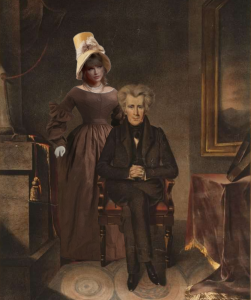Services like Netflix and YouTube have made the most recent films readily available to anyone. Can we find anything of value in the muck of b-movies, ambitious failures and exploitative crap-fests? We’re going to find out in Dispatches from Instant View Purgatory.
What’re we watching: “Manic,” a 2001 psycho-drama and Sundance nominee starring Joseph Gordon-Levitt, Zooey Deschanel and Don Cheadle.
What does it look like: Remember that girl in your high school who used every English class assignment as a way to show that she had feelings? This movie is her wet dream.
What’s going on: Levitt plays Lyle, the child of an abusive home who is committed to a juvenile mental institution after he viciously beats a boy with a baseball bat. There he comes in contact with a variety of other disturbed teens, including Deschanael playing a reclusive, depressed, night terrors stricken teenager. Cheadle plays the caring, if somewhat overworked, counselor for the teenagers.
Why haven’t we heard of this: ”Manic” made all of $67,000 in its limited release and wasn’t picked for any prizes. Also, it’s pretty terrible.
What works: In a movie where Deschanael and Levitt both receive top billing, neither has more than 20 lines. Strangely, the movie rests on Cheadle. He lends a wounded charm to the role of the counselor that mostly provides a constant in a film full of shifting moods and identities. That being said, there are times when he shifts violently from being Patch Adams to someone screaming on Beyond Scared Straight.
What doesn’t: For a movie ostensibly about the way choices permanently affect lives, nothing is very consistent. The characters often switch alliances, moods and motivations at an astonishing rate, leading to gritty and unnecessarily jarring tonal transitions. There may be a tender scene of friendship or love seconds before a scene of brutal violence and sexual assault. This isn’t helped by camera work that’s focused almost entirely on shooting the performers’ faces in extreme close-up.
Skip to: Picking “Manic” apart isn’t a very fruitful exercise, but a few of the group therapy scenes are consistently interesting and there is a heartbreaking moment near the end of the film when Deschanael loses her only friend.
The Verdict: “Manic” is a quiet film set in a location with a capacity to be interesting, but it is little more than a chore to sit through. The best moments of the film are brutally painful, and the ending is nothing but a pretentious whimper.
What’s coming up next: We get pervy, horrifying and slightly scary in ‘80s cult film, “Slumber Party Massacre.”




